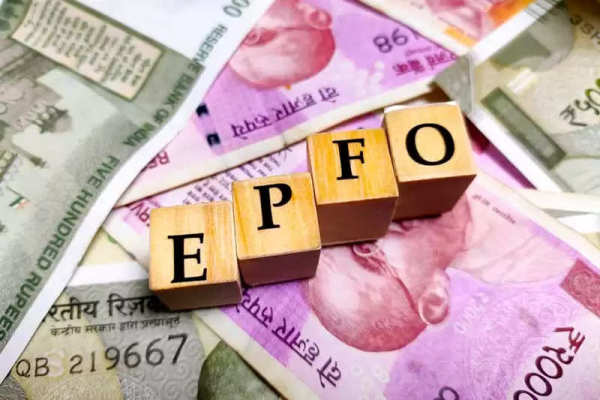
EPFO: All the employed people in India have PF accounts. In India, PF accounts are managed by the Employees Provident Funds Organization (EPFO). These accounts are also seen as a kind of savings scheme. Every month 12% of the employee's salary is deposited in this account. The same amount is deposited by the company.
You can use the money deposited in the PF account whenever you need it. Along with this, if you contribute to EPFO for more than 10 years, you also become entitled to get pension. But if you withdraw more than a fixed limit from it, then you do not get a pension. Let us tell you what are the rules of EPFO regarding pension, and how much money you do not get pension after withdrawing.
Pension is not given if the entire amount is withdrawn.
12% of the salary is deposited in the account of the PF account holder. The same amount is deposited in their PF account by the employer i.e. the company. The company contributes 12%. Out of that, 8.33% goes to the pension fund i.e. EPS of the PF account holder. And the remaining 3.67% amount goes to the PF account. If any PF account holder contributes to the PF account for 10 years.
Then he becomes entitled to get pension. In such a situation, if he leaves the job. Or for any reason he withdraws the entire amount present in the PF account. And his EPS fund remains intact. Then he gets a pension. But if he withdraws the entire amount of EPS along with the money from the PF account. Then he does not get pension.
These PF account holders get pension...
According to the rules set by the Employees' Provident Fund Organization (EPFO), if any employee deposits money in a PF account for 10 years, then he becomes entitled to get pension. That employee can claim pension after the age of 50 years.
Disclaimer: This content has been sourced and edited from Hr Breaking. While we have made modifications for clarity and presentation, the original content belongs to its respective authors and website. We do not claim ownership of the content.